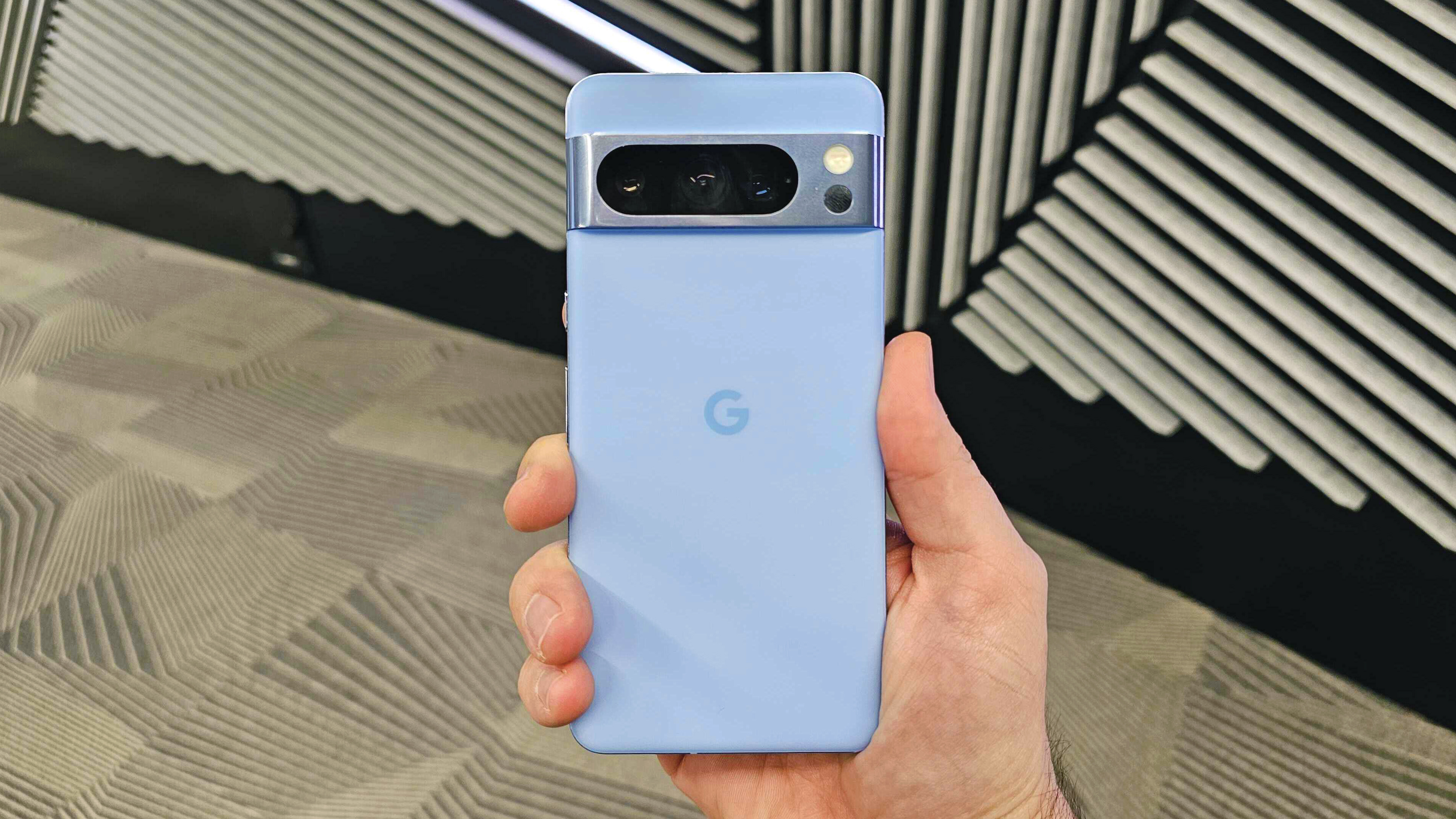
The Google Pixel 8 Pro is a mighty fine phone, but it is far from perfect. Whether you’re looking at the average battery life or the mediocre performance of the Tensor G3 chipset, there are a bunch of things we feel Google could have done better and should keep in mind for the next generation.
One of the things that always felt a little bit off to us was the inclusion of the temperature sensor on the back of the phone. Particularly since the sensor wasn’t FDA approved for human use until late January — more than 3 months after the phone launched. It always felt like a gimmick, and one that arrived three years too late to be of much practical value.
The question is whether Google will continue to offer the temperature sensor on future Pixel phones — including the Google Pixel 9 Pro that's due later this year. Should this niche feature stick around, or would Google be better off opting for a different feature? We think the latter, and there are 5 things the Pixel 9 Pro should have instead of a temperature sensor.
But what if Google hadn’t included the temperature sensor? Could Google have included something different that would enhance the phone in a different way?
LiDAR
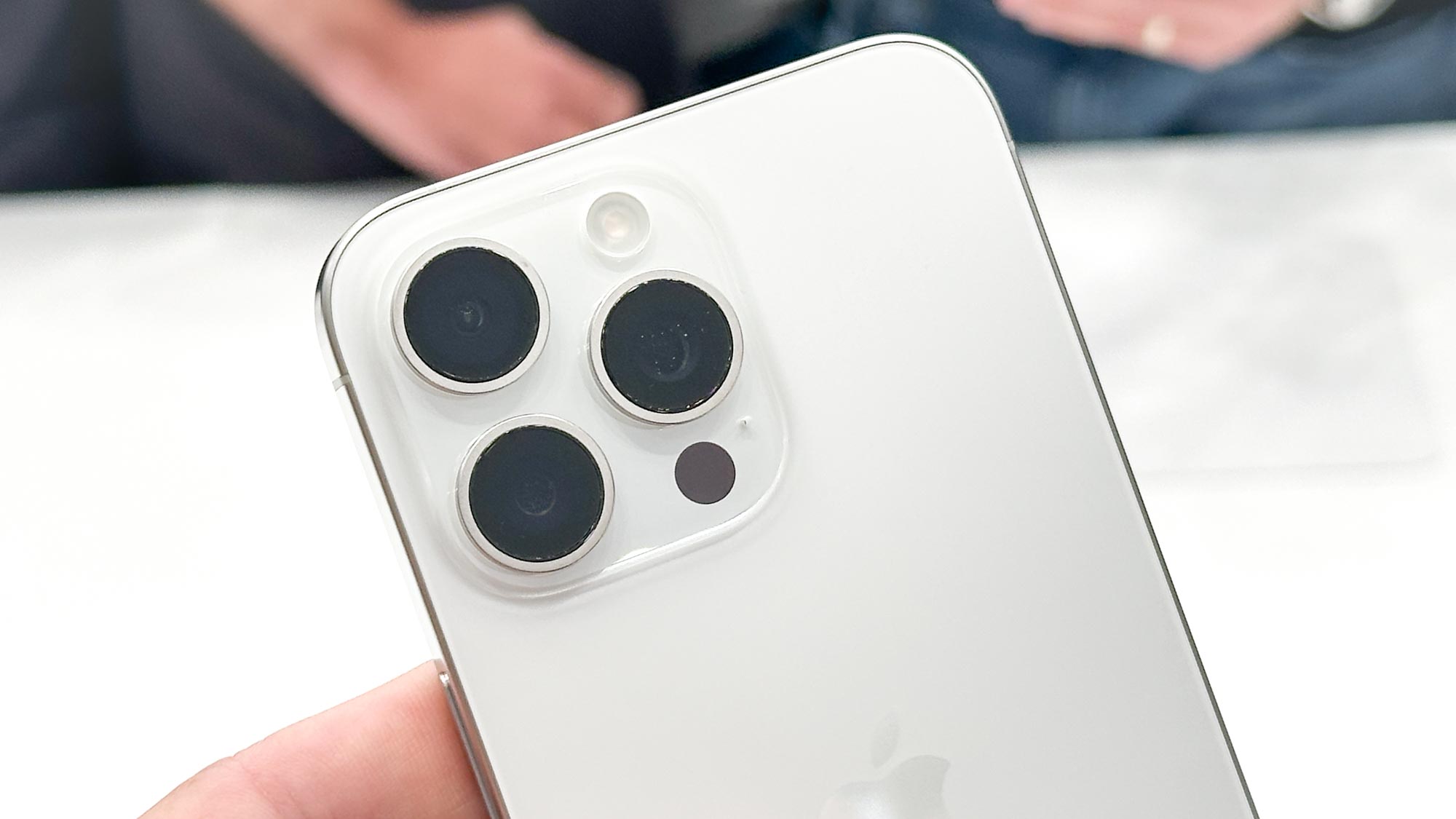
There aren’t many phones out there that use LiDAR nowadays, in fact the only major brand to actually bother with it is Apple. But it’s not like Apple maintains exclusivity over the technology, and Android phones could take advantage of the tech for a great many things. All thanks to LiDAR’s ability to detect objects around you and calculate the distance to them.
LiDAR’s most obvious use case is for AR experiences, allowing the phone to add virtual objects into a real world environment. It could also be used to measure distances more accurately, speed up autofocus on the camera, scan 3D models and even analyze and describe the world around you — which would be a significant accessibility upgrade.
It’s all pretty niche, granted, and LiDAR technology isn’t cheap, but it has a heck of a lot more potential than a slow-acting temperature scanner.
Better telephoto zoom
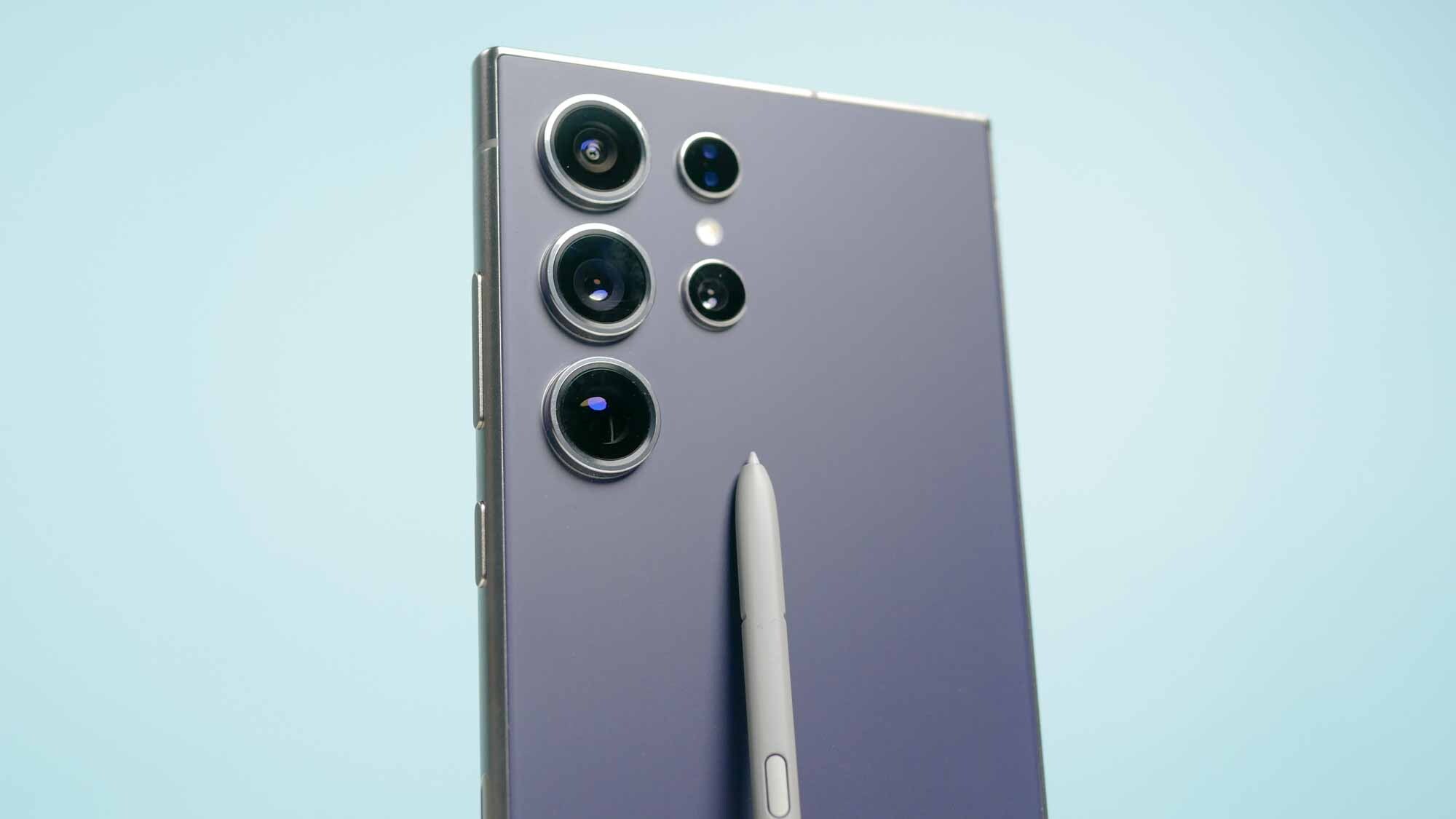
While 5x telephoto zoom isn’t exactly bad, it would have been nice if Google added some extra upgrades to the Pixel 9 Pro’s zooming camera. Especially since it’s one of the few features that'll differentiate it from the regular Pixel 9. Higher levels of zoom would always be welcome on any flagship phone, especially now the Samsung Galaxy S24 Ultra downgraded its optical magnification down from 10x.
Then again Google could also opt for a second telephoto lens, akin to what Samsung has done with the Galaxy S24 Ultra and its predecessors. That way the camera app should shift between two levels of optical zoom. It might also have given Google the hardware that lets it copy Samsung’s 100x hybrid zoom, and boost the existing SuperResZoom to levels beyond 30x magnification.
Better Tensor performance
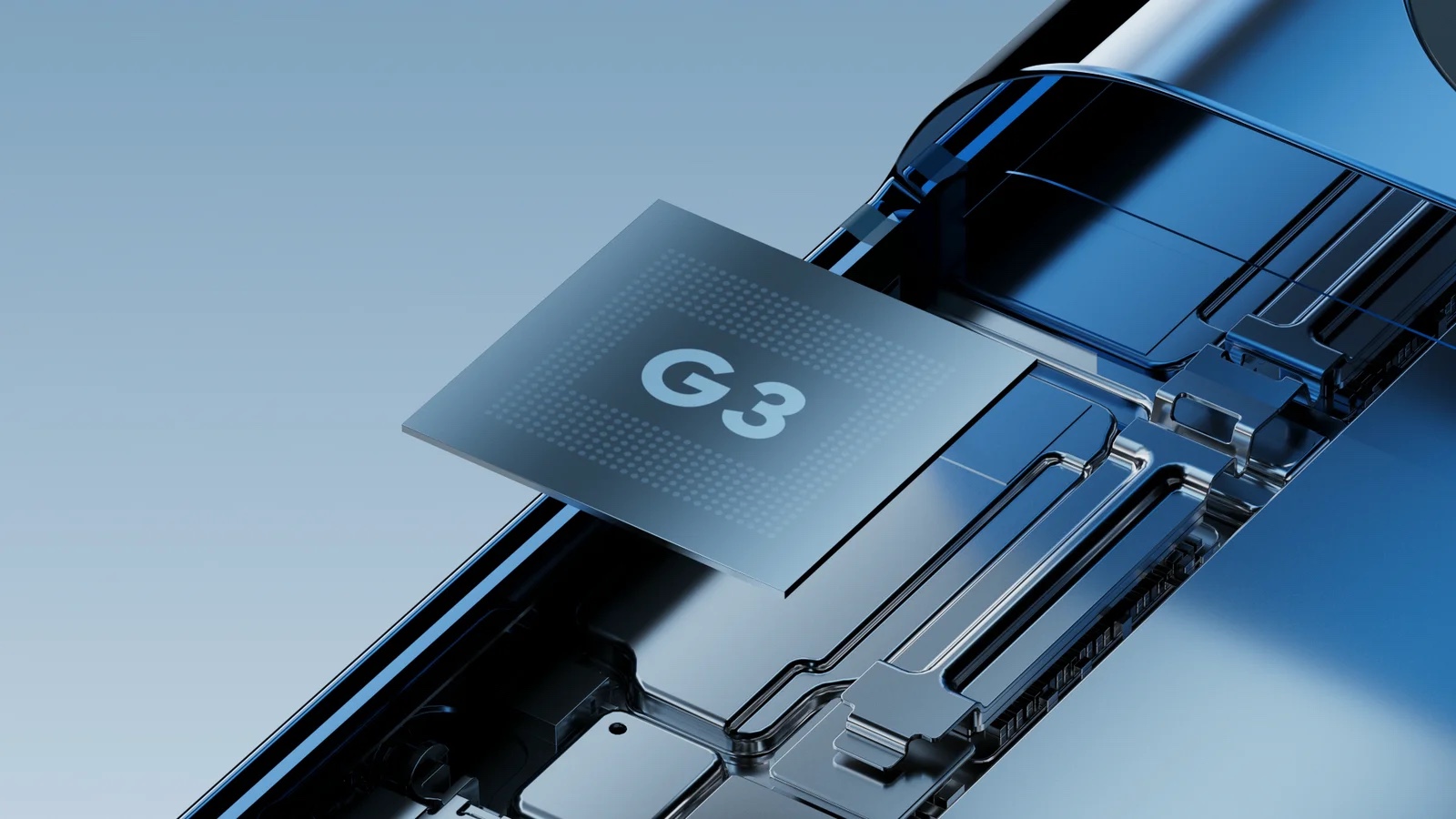
One of the worst things about the Pixel 8 Pro is the Tensor G3’s performance is poor. Spectacularly poor compared to the likes of Samsung and Apple, which have flown ahead in the benchmarks and performance tests over the past few years.
Ok, the point of the Tensor series is to boost performance in other areas. So instead of generating high benchmarking scores, Pixel phones have extra resources for AI, photography and security.
But at the same time I can’t help but feel that Google Pixels are falling behind. Even if performance isn’t the priority, it still feels like other phones are getting that boost hand-in-hand with efficiency upgrades. That, in turn, improves performance and battery life — another thing Google phones are historically terrible at.
So when it comes to the Pixel 9 Pro, Google would do well to focus less on the gimmicks, and more on things that actually matter.
A better overall camera
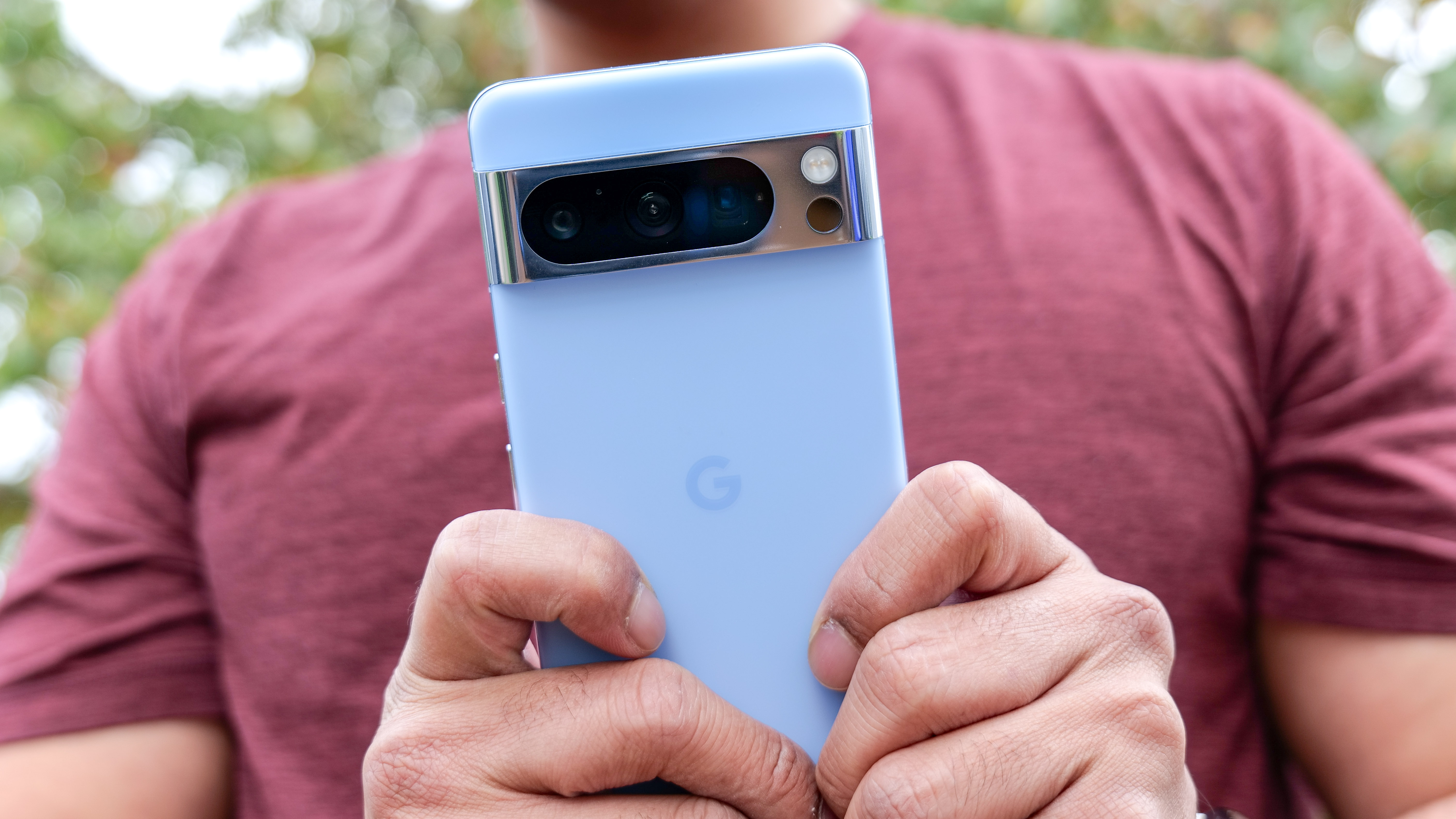
Typically Google does offer some fantastic camera performance, with a mix of strong software and hardware in each subsequent generation. But your phone’s camera can never be too good, and there’s always opportunity to improve with the next generation.
Considering the Pixel 8 Pro still lags behind Samsung and Apple on our list of the best camera phones, the Pixel 9 Pro really needs to offer something to try and get the edge over the competition
That could be as simple as adding more megapixels to the camera, as Samsung has done. Or Google could dive a bit deeper and offer a larger camera sensor. That way the camera can take in more light, which has the added bonus of offering better coloring and dynamic range, less noise and improved low-light photography. All resulting in better picture quality.
That’s certainly a lot more appealing than a temperature sensor.
A thermal camera module
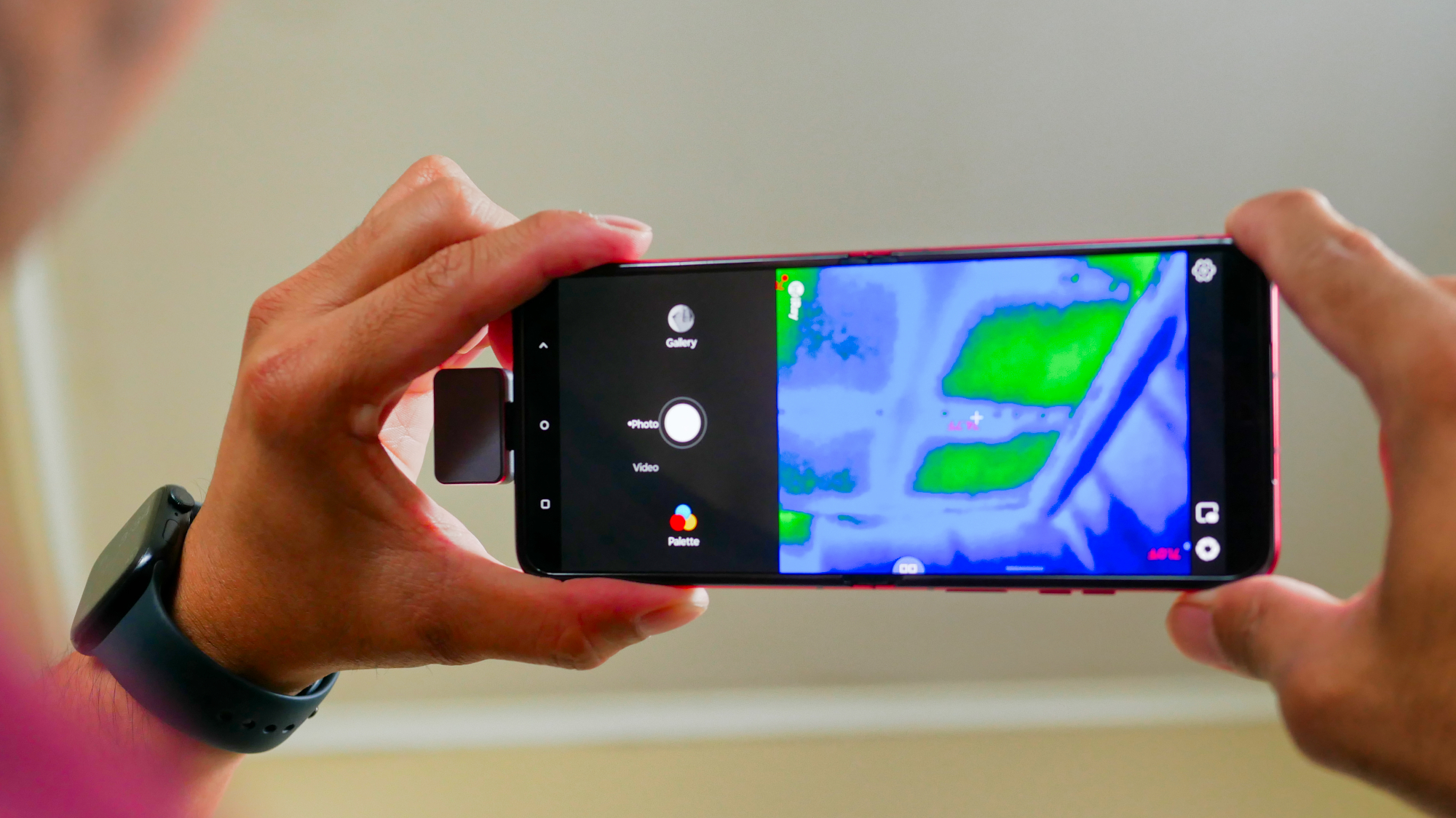
That’s right, rather than having a temperature sensor that has to be held steady from a couple of inches away from its intended target, it would be very cool to see Google go all in with a proper thermal camera.
That way you could measure the temperature of objects from a distance, and see cool multi-colored visualizations on your phone screen.
It wouldn’t be the first time a smartphone was released with a built-in thermal camera, but Google could help bring the tech into the mainstream by adding it to the Pixel 9 Pro. And for a potentially cheaper price than a standalone thermal camera.
Ok, sure, the current temperature sensor was clearly added with human health in mind — and Google claims it's better than your typical forehead thermometer. That's definitely not the case with a thermal camera.
But measuring temperature from a distance could prove to be a lot more useful. Whether you’re looking for heat loss in your house, checking for potential dangers or even making sure the sidewalk isn’t too hot for your dog.







